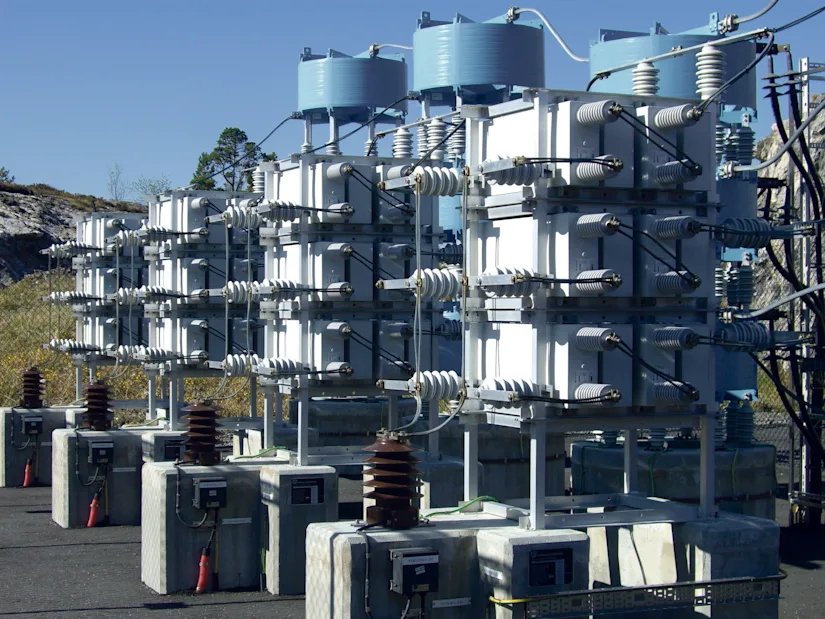Transients
Transients refers to a very fast, pulsed, electrical transient response. In most cases, these are high-frequency, steep signals in the form of transient oscillations. The reliable detection of transient processes in the electrical power supply network is very important in order to prevent damage. Due to constant changes in the electrical power grid caused by switching operations and faults, there are always new network conditions to which the entire system must adjust. Normally, transient equalizing currents and equalizing voltages occur. Reliable decision criteria are needed to assess whether the transient processes are the result of an intentional or unintentional grid change and whether they are still within the tolerance range.
Depending on the energy input (e.g. lightning strike), high transient overvoltages can lead to insulation damage and destruction of systems and machines. high-quality, digital power quality analyzers with a high sampling frequency are required to detect and record transients.


Practical example
Connecting unchoked capacitors often results in high transient currents, even in problem-free mains configurations. Choking has a strong damping effect here and thus protects against avoidable problems that are difficult to predict. Alternatively, special capacitor contactors with precharging resistors should be used.

